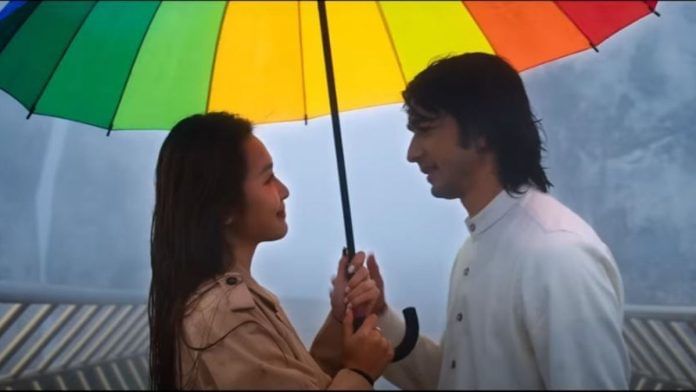New Delhi: Rahhat Shah Kazmi’s new release Love in Vietnam explores a Punjab-Vietnam connection that Indian cinema has never touched before. And the film is stopping over in China too.
The usual Punjabi migration story is about young men flying to the United States or Canada. But in the film, Manav, played by Shantanu Maheshwari, goes to Vietnam. And it’s not to become a tycoon but to learn advanced farming techniques for his family’s agricultural business.
“People here don’t know that Vietnam actually is a pioneer in advanced farming techniques, and that’s why Manav is sent by his father to learn more about it, since he belongs to a family that is engaged in it,” said Kazmi.
For Kazmi, the film is about bolstering the cultural bridge between India and Vietnam, which has been growing in popularity among middle-class Indian tourists as an affordable foreign destination.
“I felt like the way Punjab has a rich cultural heritage, and also something everyone knows about here. Vietnam, too, has customs and traditions that not many know of. The film brings these two cultures together,” said Kazmi.
In this case, the cultural meeting point takes the shape of a triangle, with Avneet Kaur on one side and Vietnamese actor Kha Ngan on the other.
“I did not want a typical story where an Indian goes all the way to a foreign country only to meet another Indian there and fall in love. I wanted it to be organic and real,” said Kazmi.
Also read: Manoj Bajpayee says, ‘My idea of me is different from other actors’
India to Vietnam to China
Love in Vietnam is not the only commercial co-production between India and other Asian countries. The horror-comedy Demon Hunters, starring Arjan Bajwa and Taiwanese actor JC Lin, is the first-ever union of Taiwan and India in the reel world. It is also slated to release later this year.
With the rising popularity of Korean music, dramas and films, filmmakers like Kazmi are also focusing on showcasing countries beyond the usual. There is also a push from various countries and their culture departments, especially in Asia, to promote their culture and tourism. Love in Vietnam too is backed by the governments of both countries.
“I heard from old people in Vietnam that Bollywood was popular, but after the Vietnam War, it stopped. But Indian TV shows like Balika Vadhu were very popular there. It has again restarted in the last few years,” said Kazmi.
When Pratyusha Banerjee, the actress who played the role of Anandi in Balika Vadhu from 2010 to 2013, died in 2015, an outpouring of grief gripped Hanoi, Ho Chi Minh City, Hoi An, Danang and other cities across Vietnam, where the show, dubbed in Vietnamese, was on top of television charts.
But Indian pop culture still held a following in Vietnam.
“One X user called the film Asia Cup of filmmaking when we released the teaser, and that is the best compliment I have received so far,” said Kazmi.
Since 2015, the Indian Embassy in Vietnam and the Directorate of Film Festivals have also organised annual festivals in Vietnam.
Meanwhile, the film crossed the borders of Vietnam and secured 10,000 screens in China after multiple test screenings from distributors—a rare feat in a market that only licenses a handful of foreign films each year. Filmmaker Imtiaz Ali too congratulated the maker on the film’s massive China release.
“Congratulations to my friends @rahulsbali @rahatkazmifilms for achieving this milestone and creating history with their film #loveinvietnam. Releasing 12th September in Cinemas!!!” he wrote on Instagram.
“In China, you can only release five to six movies in one year, and it’s tough to get a license. But the distribution team liked the film, because their culture is close to that of India and Vietnam,” said Kazmi.
(Edited by Saptak Datta)






